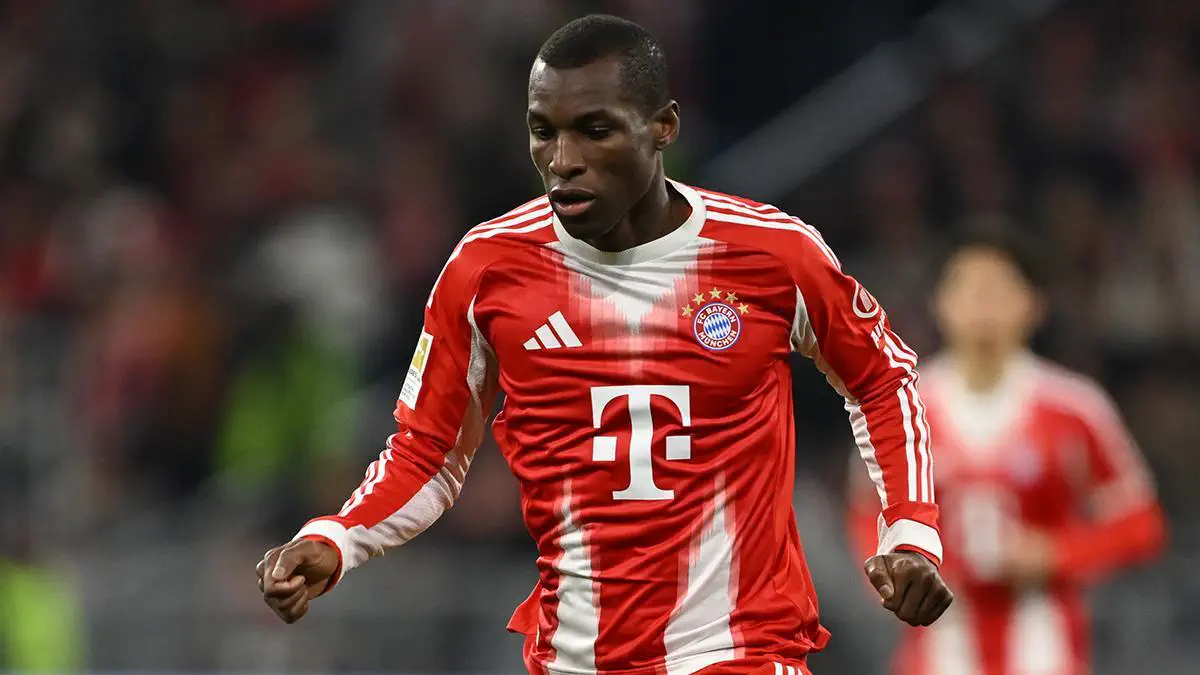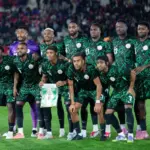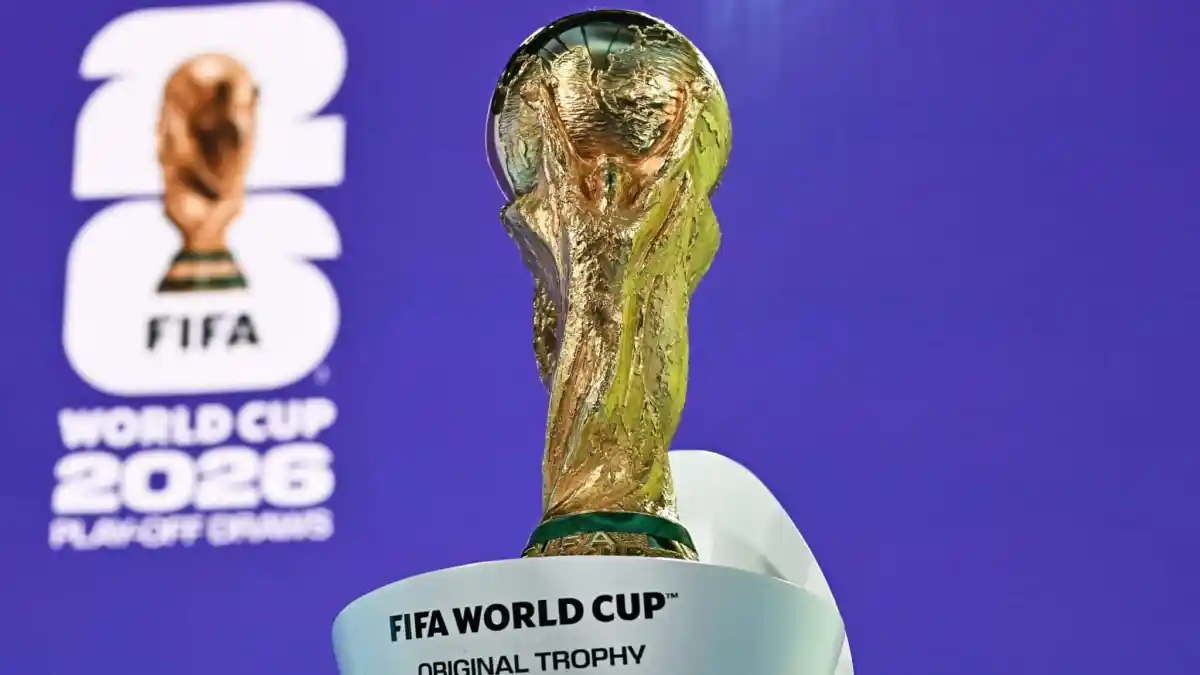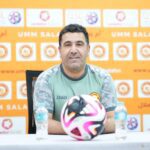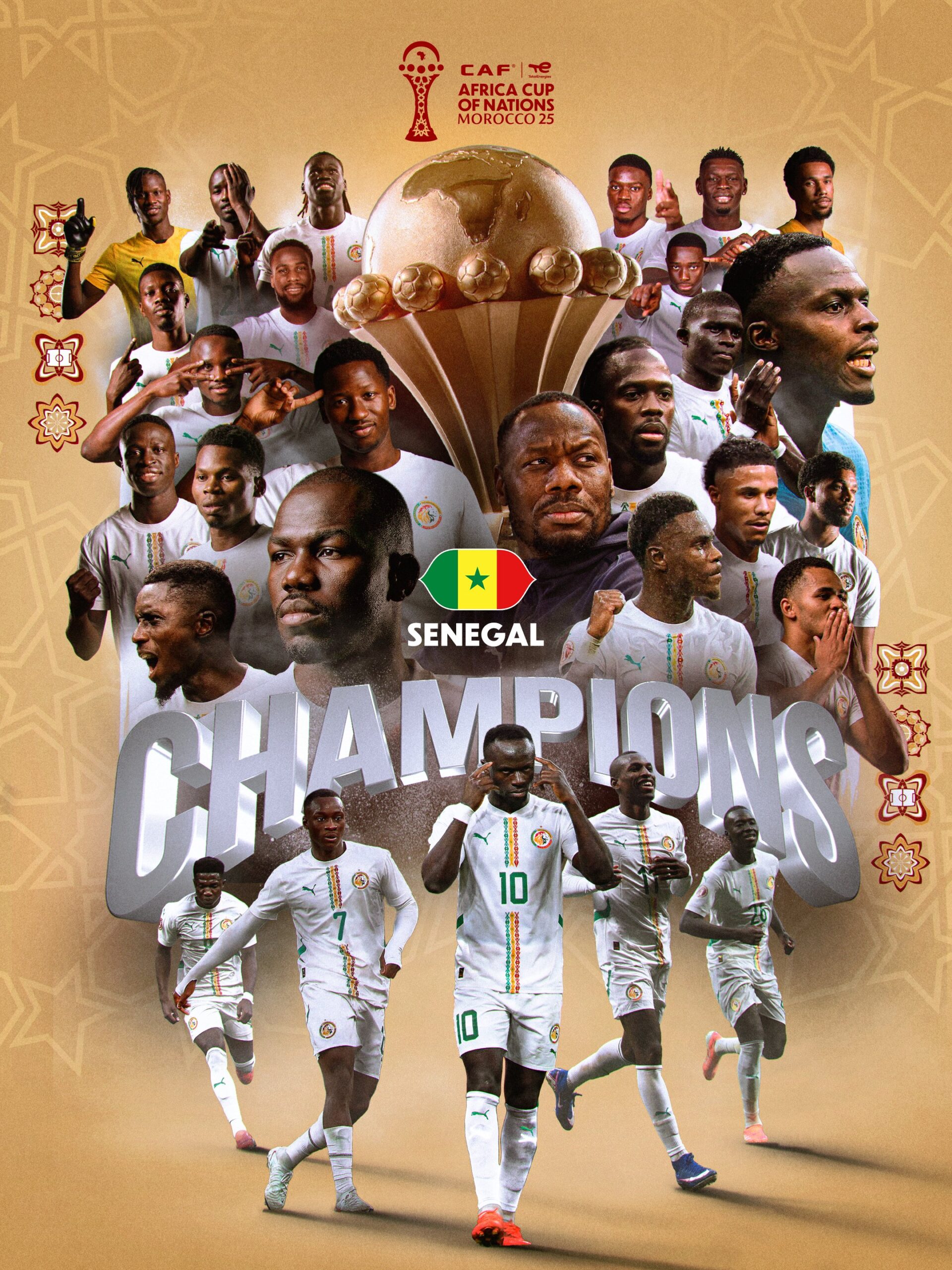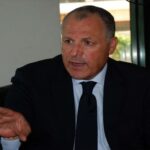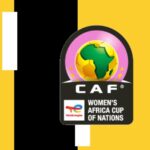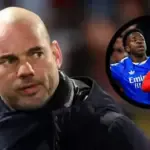Senegal FA president Augustin Senghor faces mounting pressure ahead of re-rlection battle
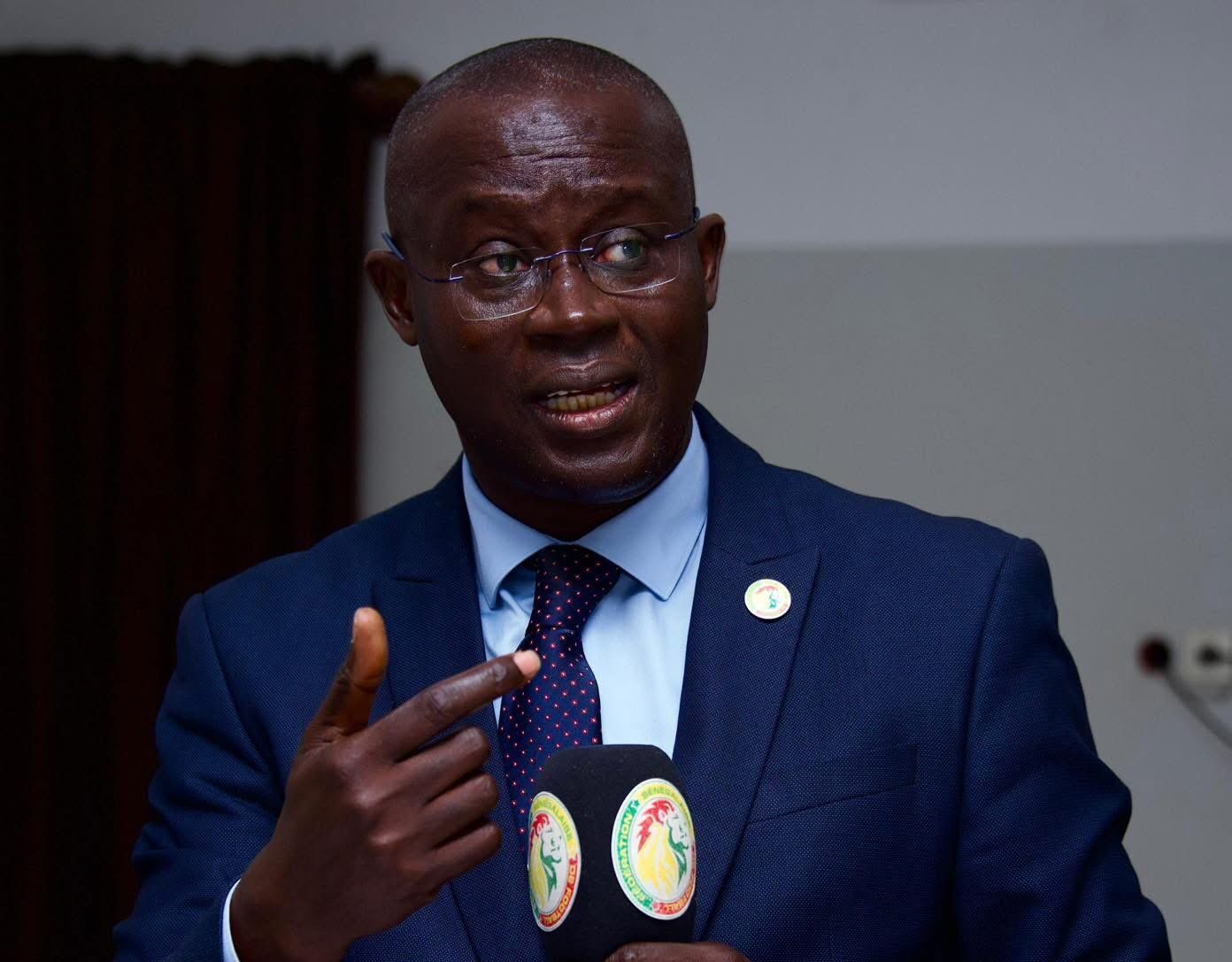
Augustin Senghor, long-serving president of the Senegalese Football Federation (FSF), is facing growing resistance within his traditional support base as the federation’s General Assembly approaches on 2 August.
After nearly 20 years at the helm of Senegalese football, Senghor has yet to officially declare his candidacy for a fifth term. However, the political landscape around him is rapidly shifting, and his once-secure standing appears increasingly precarious.
A pivotal meeting held on 28 April at the Relai Hotel in Kaolack revealed cracks in the foundation of Senghor’s support. Presidents of the regional football leagues, previously a dependable voting bloc, gathered to deliberate over the prospect of Senghor standing for re-election.
The outcome was clear: most voiced opposition to another term, with only Mame Adama Ndour of the Fatick League maintaining his backing of the incumbent.
The erosion of support among regional leaders represents a significant blow to Senghor, who has relied heavily on their endorsement in previous election cycles.
Even Abdoulaye Sow, once a close confidant and influential figure in the federation, has notably withdrawn from public engagement, choosing to remain silent amid the uncertainty surrounding Senghor’s future.
This silence has been interpreted by many as a strategic retreat, underscoring the internal unease within the federation’s leadership.
It comes in the wake of Senghor’s recent defeat in the FIFA Council elections, a result that further weakened his political capital both domestically and internationally.
Efforts to maintain a sense of unity under the banner of the “Mankoo” movement, which once stood as a symbol of cohesion among Senegal’s football leaders, now ring hollow.
Calls for solidarity have done little to conceal the widening rifts. The once-powerful rhetoric of collective progress appears increasingly out of step with the current climate of division and political manoeuvring.
As Senghor’s grip loosens, alternative voices are beginning to emerge. Former international goalkeeper Cheikh Seck and football administrator Mady Touré have both begun to position themselves as credible challengers.
Their early moves suggest a readiness to step into a leadership void should Senghor choose not to seek re-election or fail in his attempt to do so.
The atmosphere surrounding the upcoming General Assembly is charged with tension, with political calculations intensifying behind the scenes.
While Senghor has yet to announce his intentions, the tide of opinion among key stakeholders suggests a leadership contest may be inevitable.
Senghor’s legacy within Senegalese football is notable, having overseen periods of significant growth and international success, including the national team’s rise to continental prominence.
However, as the federation enters a new phase of its evolution, questions are mounting over whether his leadership remains aligned with the aspirations of those guiding football at the grassroots and regional levels.
With just a few months remaining until the decisive vote, the path forward for the FSF appears increasingly uncertain.
Senghor’s political survival may well depend on whether he can rebuild consensus in an environment that no longer offers him the loyalty it once did.

